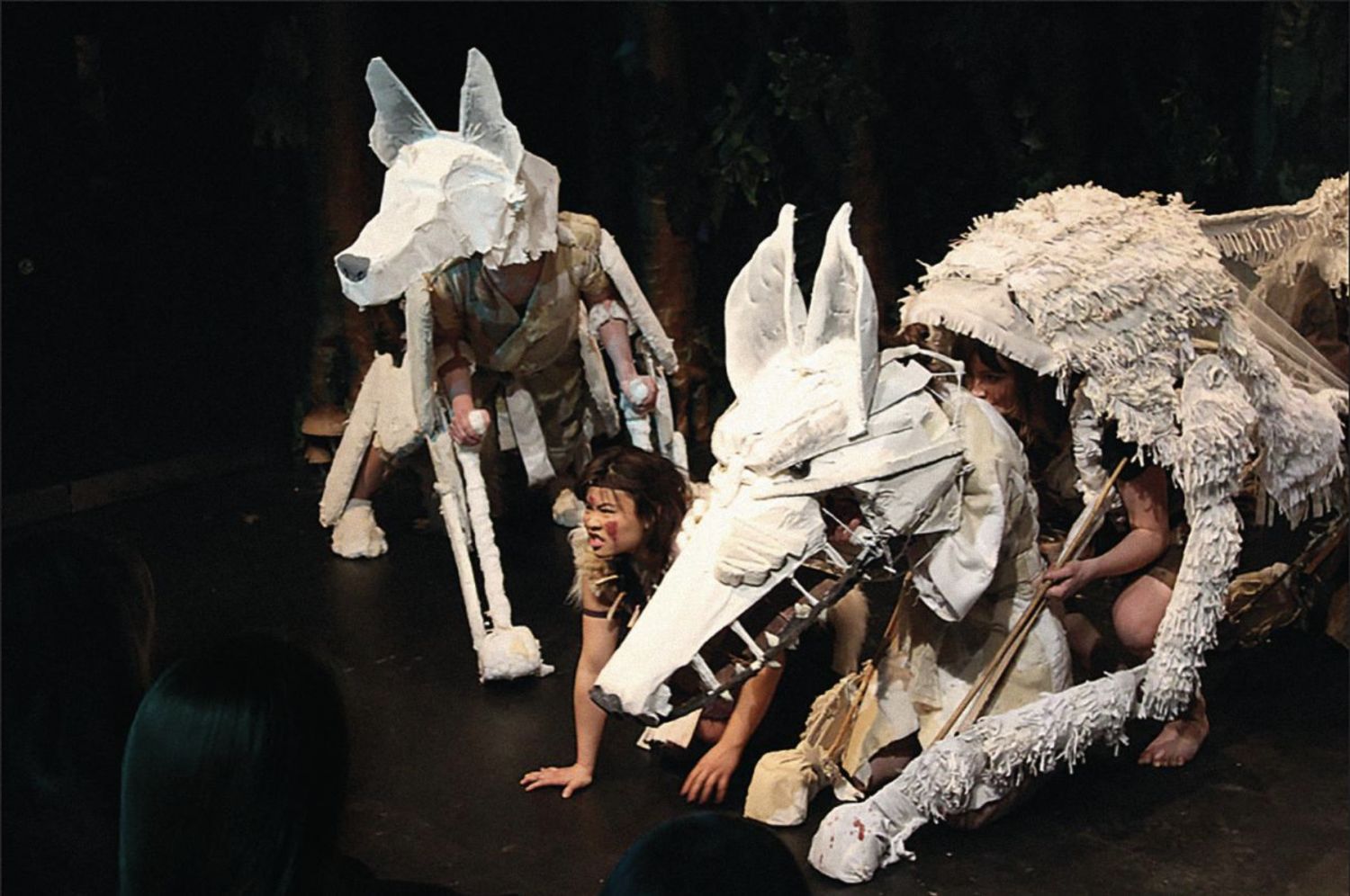Mei Mac has landed the lead role in the Royal Shakespeare Company’s new stage adaption of Studio Ghibli's much-loved movie. To her, this recognition means a chance to spotlight Asian talents and stories
Mei Mac’s latest role is a dream come true: Mei Kusakabe, the lead role in the Royal Shakespeare Company’s stage adaptation of one of her childhood favourites, Hayao Miyazaki’s 1988 animation My Neighbour Totoro. The production, which features new orchestrations of Joe Hisaishi’s original score and has taken seven years to put together, will have its global premiere this month at the Barbican in London.
The British actress believes the production couldn’t have come at a better time: for more than two years, the pandemic has plagued the world with grief and loss—themes that are also prevalent in Totoro, which portrays post-Second World War rural Japan through the eyes of two children whose mother is ill.
Mac, who turned 30 in July, now finds the animation a bittersweet experience. She remembers her excitement the first time she watched the film and saw the young sisters Mei and Satsuki planting the giant camphor trees. But as an adult rewatching the film today, she now sees mushroom clouds, the war and the strife that Japan experienced.
In case you missed: First Look: Studio Ghibli Classic ‘Spirited Away’ Premieres On Stage in Japan

In her decade of professional performing, Mac has appeared in theatre productions such as The Lion, the Witch and the Wardrobe, A Midsummer Night’s Dream and Wolf Totem, and a number of television productions. But Miyazaki’s work has a special place in her heart: her theatrical debut was the title role in the 2013 adaptation of Princess Mononoke by the UK’s Whole Hog Theatre. “Lots of shows are just about entertainment, but those that set my soul on fire are the ones which we’re doing for a reason,” she says.
Princess Mononoke and Totoro, both products of Miyazaki’s Studio Ghibli, serve exactly that purpose: inspiring people to reconnect with part of themselves, their community, nature or something greater than any one individual. The former, an ecological fable, is about navigating the complex relationship between man and nature; the latter celebrates community and finding meaning in the little things in everyday life. Mac recalls that when Hisaishi came in to talk about his dream that the staged Totoro would celebrate the mundane, she and the creative team “were all so onboard to serve this dream”, seeing it as a privilege to use their skills to create an enlightening experience and message for an audience.
Don't miss: A United Front: Asian Americans Speak Up On #StopAsianHate And Why It Matters



